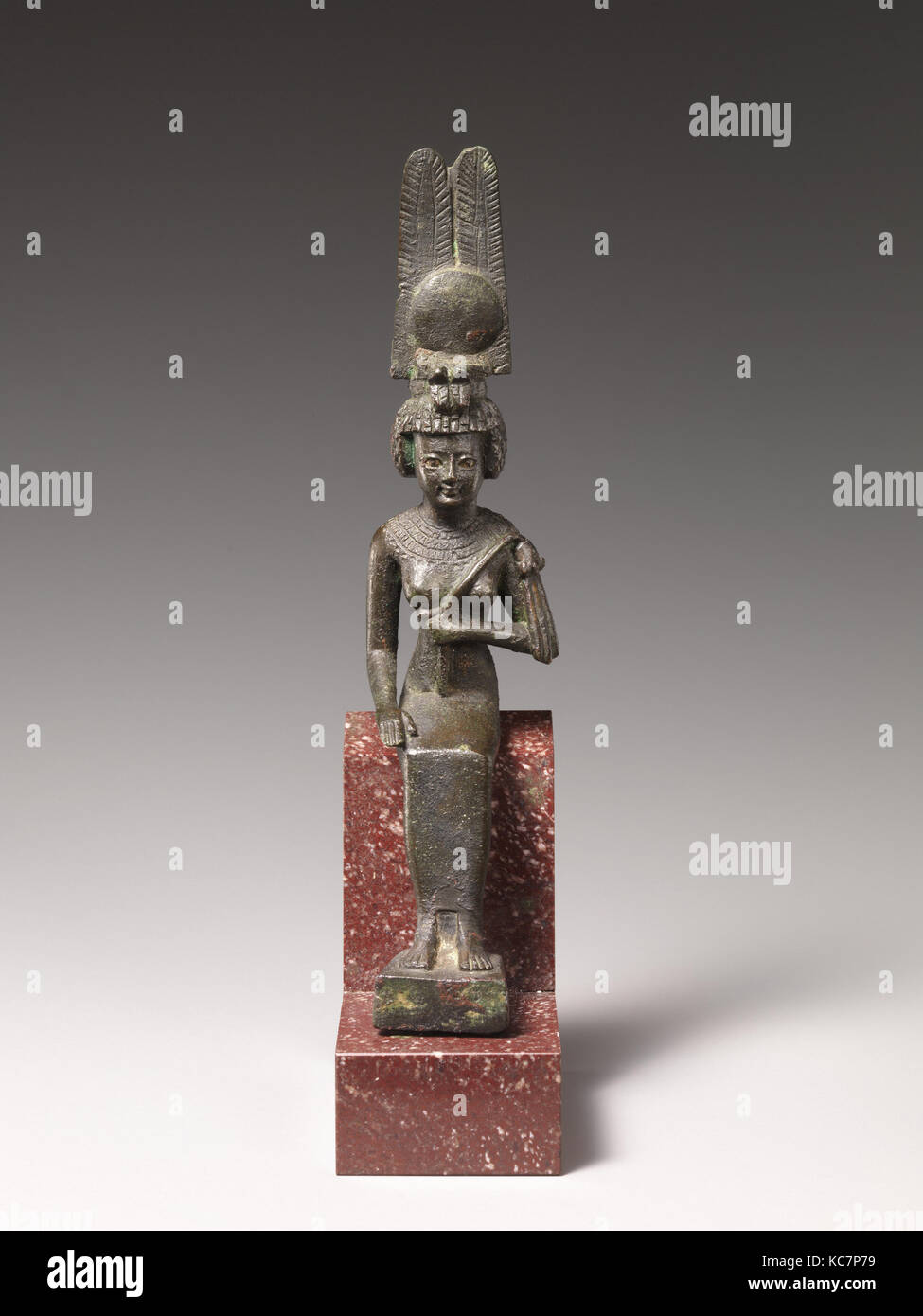

Instead of humbly pleading for a continued relation of grace, they presumptuously answered: "All that the Lord hath spoken we will do." The history of Israel in the wilderness and in the land is one long record of flagrant, persistent violation of the law, and at last, after multiplied warnings, God closed the testing of man by law in judgment: first Israel, and then Judah, were driven out of the land into a dispersion which still continues. In the wilderness of Sinai He proposed to them the covenant of law. 1:13-14.)Īgain the grace of God came to the help of helpless man and redeemed the chosen people out of the hand of the oppressor. The book of Genesis, which opens with the sublime words, "In the beginning God created," closes with, "In a coffin in Egypt." (See Gen. Every one of these conditions was violated, and the dispensation of promise resulted in the failure of Israel and closed in the judgment of bondage in Egypt. Other promises were conditional upon the faithfulness and obedience of the Israelites. These either have been or will yet be literally fulfilled. Some of the promises to Abram and his descendants were purely gracious and unconditional. Out of the dispersed descendants of the builders of Babel, God called one man, Abram, with whom He enters into covenant. The dispensation of human government resulted, upon the plain of Shinar, in the impious attempt to become independent of God and closed in judgment: the confusion of tongues. This, Noah and his descendants were responsible to do. Out of the fearful judgment of the flood God saved eight persons, to whom, after the waters were assuaged, He gave the purified earth with ample power to govern it. The result of the dispensation of conscience, from Eden to the flood (while there was no institution of government and of law), was that "all flesh had corrupted his way on the earth," that "the wickedness of man was great in the earth, and that every imagination of the thoughts of his heart was only evil continually," and God closed the second testing of the natural man with judgment: the flood. This gave conscience a basis for right moral judgment, and hence the race came under this measure of responsibility-to do good and eschew evil. 3:22-24.)īy the fall, Adam and Eve acquired and transmitted to the race the knowledge of good and evil.

It closed in judgment: "So he drove out the man." See Gen. The dispensation of innocence resulted in the first failure of man, and in its far-reaching effects, the most disastrous. Adam, created innocent and ignorant of good and evil, was placed in the garden of Eden with his wife, Eve, and put under responsibility to abstain from the fruit of the tree of the knowledge of good and evil. This dispensation extends from the creation of Adam in Genesis 2:7 to the expulsion from Eden. Five of these dispensations, or periods of time, have been fulfilled we are living in the sixth, probably toward its close, and have before us the seventh, and last: the millennium. Each of the dispensations may be regarded as a new test of the natural man, and each ends in judgment, marking his utter failure in every dispensation.

These periods are marked off in Scripture by some change in God's method of dealing with mankind, or a portion of mankind, in respect of the two questions: of sin, and of man's responsibility. 3:2), although these periods are also called ages (Eph. 21:1) into seven unequal periods, usually called dispensations (Eph. The Scriptures divide time (by which is meant the entire period from the creation of Adam to the "new heaven and a new earth" of Rev.


 0 kommentar(er)
0 kommentar(er)
